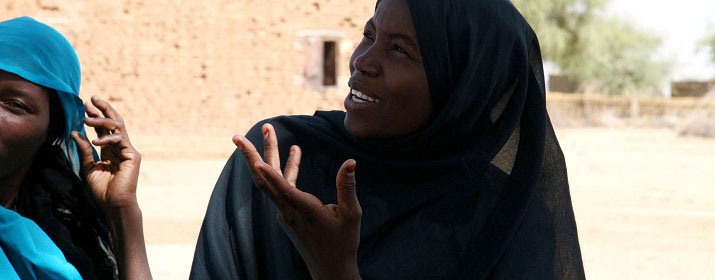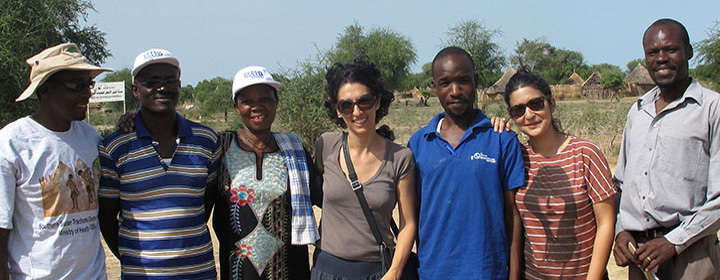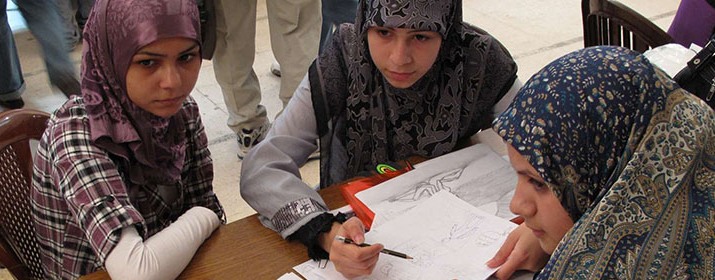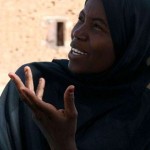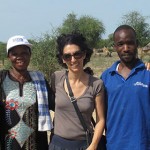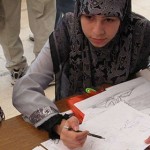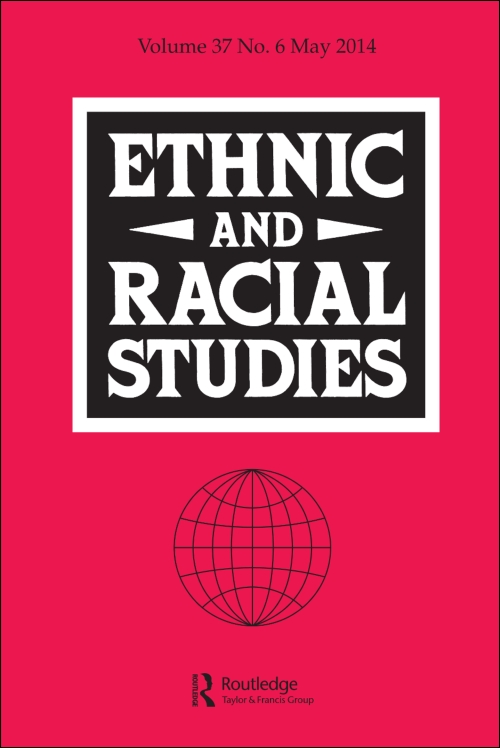Visions of return among Senegalese migrants, the state of origin and receiving countries.
This article explores the topic of return migration as it is understood and practised by different actors who engage with this theme, albeit from different perspectives. Return migration is paraded in policy debates as a triple-win scenario, bringing advantages to receiving states, countries of origin and migrants. Yet this article reveals how return migration is understood differently by policymakers in Senegal and Europe and by the migrants targeted by their policies. Interpretations are based on conflicting underlying assumptions of what return is, its benefits and its relation to transnational movement.
Inspired by the discursive paradigm in political studies, this article utilizes interpretive tools to examine the structures that support and give meaning to understandings of return among institutional actors and migrants. It concludes that new theorization is needed to grasp the full complexity of return migration as a phenomenon that is marked by different temporalities and aspirations.


